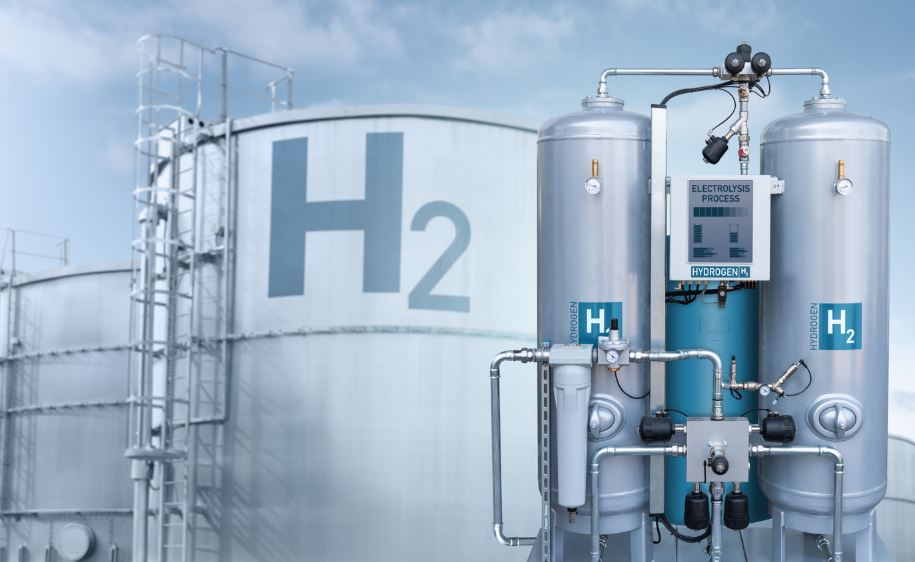In an era where the stability of energy systems is pivotal, especially when integrating renewable sources, the cooperative control of hydrogen-energy storage microgrid systems has emerged as a focal point. With the Journal of Energy Storage publishing a study in Volume 118 by Jianlin Li, Jiayang Hu, and Dixi Xin, the spotlight is on the subtle intricacies of disturbance-rejection model predictive control (MPC).
The research delves into the refined dynamics of hydrogen-energy storage systems, underscoring the significance of frequency stability. A notable improvement in frequency regulation was reported, with the dynamic response time being enhanced by approximately 29.9% and the rate of frequency drop reduced by 13.5%. This underscores a fundamental challenge: ensuring control precision despite unmodeled dynamic characteristics inherent in actual power systems.
Traditional MPC often grapples with model inaccuracies, undermining its efficacy in optimal control settings. The innovative mashup of Model Predictive Control with an Extended State Observer (ESO) offers a compelling solution. The ESO component specifically addresses and mitigates errors introduced by model inaccuracies, making the system robust and adaptable under fluctuating conditions.
The study’s findings vividly illustrate the proposed strategy’s efficacy. Under various scenarios, especially those dealing with Automatic Generation Control (AGC) commands and persistent load disturbances, the resulting maximum frequency deviation was significantly curbed. Adjustments led to a decrease of approximately 54.01% and 48.96% in system frequency deviations under different conditions.
Key technical parameters were refined through a state-space model, connecting the capabilities of MPC with ESO in a series configuration. This method significantly augments the system’s ability to maintain stability, particularly during dynamic response tasks. The strategy offers a nuanced improvement, posing a significant contrast to utilizing standalone MPC methodologies.
Energy professionals and researchers are called upon to critically appraise these advancements in the cooperative control of energy storage systems. The implications for renewable energy management are profound, particularly in balancing the erratic nature of generation and consumption.
Integrating hydrogen-energy storage systems with advanced control strategies like disturbance-rejection MCP offers a promising pathway toward more resilient energy infrastructures. As the industry continues to face the dual challenges of efficiency and stability, strategies that blend predictive control with model error compensation are becoming more vital. Such developments present a tangible advancement in the ongoing evolution of energy management systems, promising enhancements in both steady-state operations and dynamic response capabilities. Although the full impact of these innovations is still unfolding, the proactive integration of hydrogen-energy storage systems with cutting-edge control technology is setting new benchmarks in the sector.
